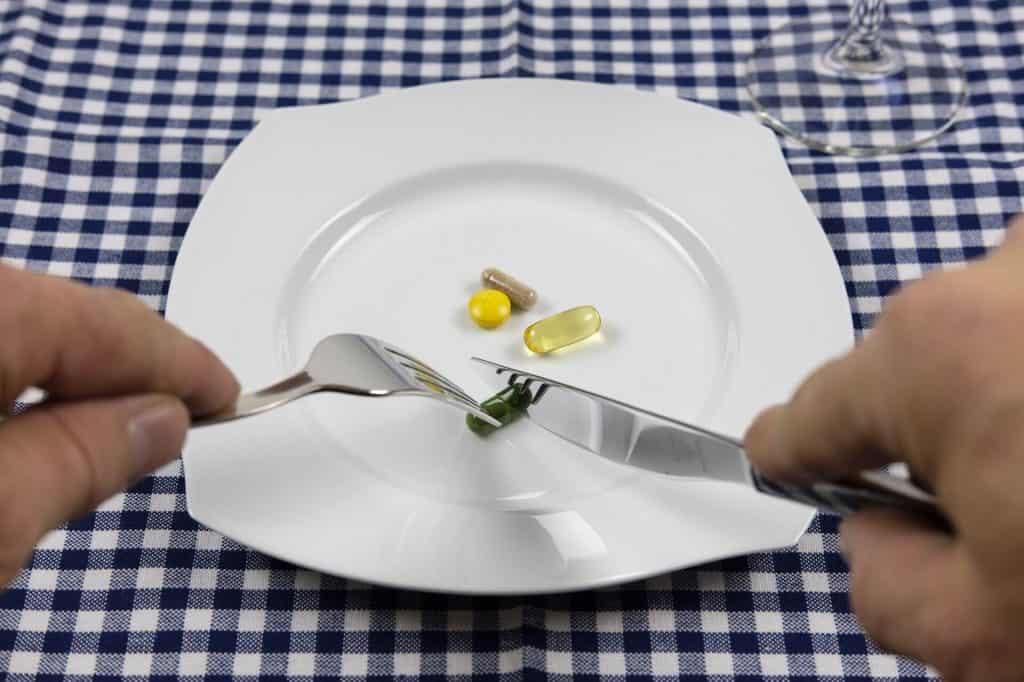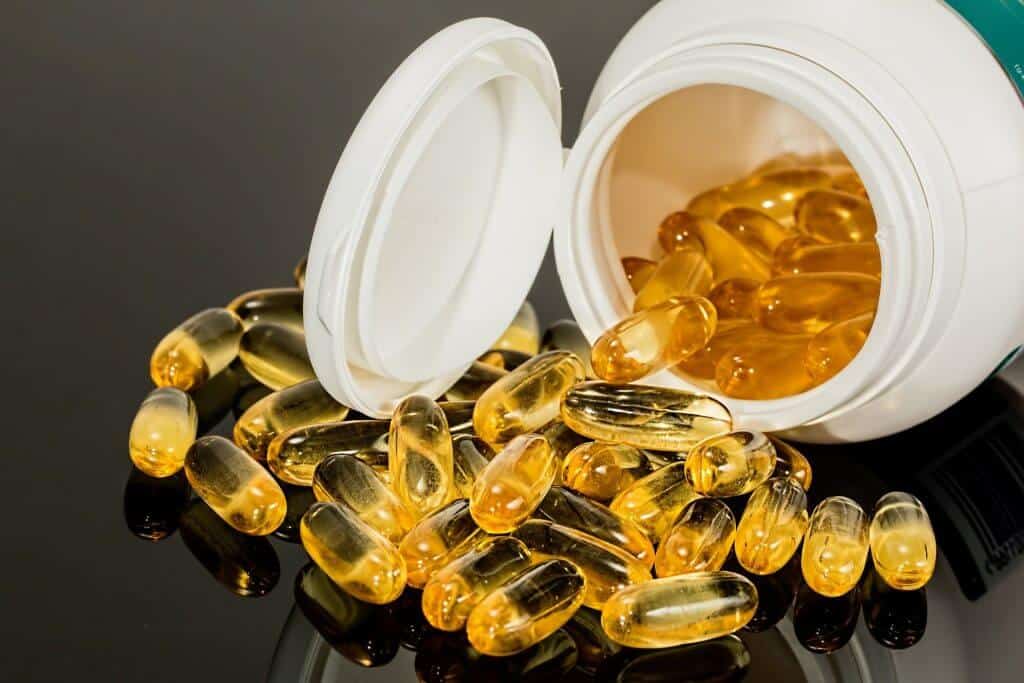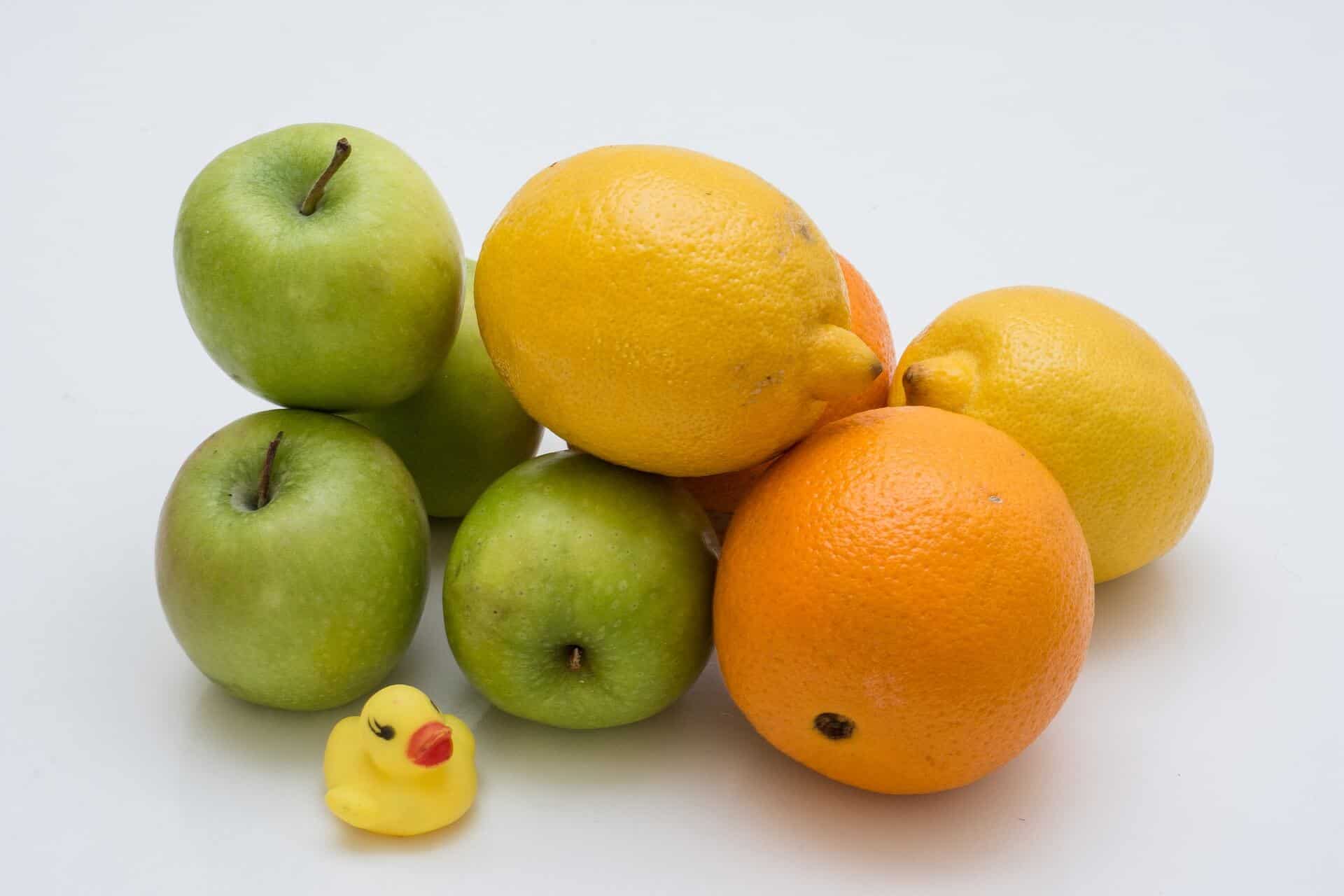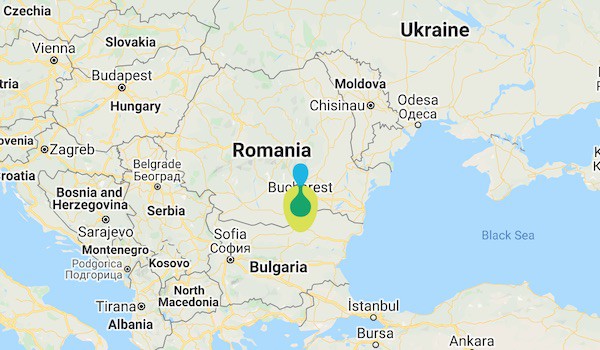In the global uncertainty Coronavirus has abruptly threw us all in, many people are taking all sorts of dietary supplements and herbal remedies in the hope they will increase their immunity.
But official reports published by clinicians fighting Covid-19 state that disordered blood clotting is present in most infected patients severely affected. (1)
In the case of Coronavirus infection, we do not know if this disordered coagulation increases the risk of severe disease, or if the virus increases the risk of disordered coagulation. But what we do know from the influenza virus infection is that it helps the virus become more aggressive, amplifying viral replication. (2)
Of course, we also know that pre-existent cardiovascular disease increases the risk of severe infection, that the infection in itself can associate cardiovascular complications, and that the treatment of the infection can cause cardiovascular side effects. (3)
However, this disordered coagulation occurs, indicating a severe prognosis in patients infected with Coronavirus. (4)
But many people with multiple comorbidities including pre-existing cardiovascular disease and many of the elderly take anticoagulant medication. And many dietary supplements and herbal remedies interact with this anticoagulant medication.
Dietary supplements with vitamins E and K, omega-3 fatty acids, selenium, coenzyme Q-10 or arginine impacts blood clotting. (5,6)
Vitamin D supplements can act as a double-edged sword when it comes to their cardiovascular effect, studies showing that both hypovitaminosis through insufficient dietary intake and hypervitaminosis by taking vitamin D supplements when you are not deficient can have a harmful cardiovascular impact. (7) And the current scientific evidence shows that vitamin D supplements protects against respiratory infections only those with vitamin D deficiency. (8)
Related to vitamin C supplements, the current scientific evidence contradicts both the harmful impact of vitamin C supplements on blood coagulation and the effectiveness of vitamin C supplements in preventing respiratory infections.
- The harmful impact on blood coagulation is assumed based on individual case reports not on objective evidence. (9, 10)
- The only people for whom there is evidence of minimal efficiency in the prevention of colds are athletes and soldiers, but also in their case the therapeutic dose is 200 mg per day, five times less than the gram taken by the majority of people trying to increase their immunity. (11)
There are numerous herbal remedies that can associate coagulation disorders, increasing the risk of thrombosis or bleeding in people on anticoagulant treatment, including: aloe, echinacea, ginseng, ginger, chamomile and alfalfa. (12,13)
Obviously, there is no need to worry about drinking a chamomile tea in the morning. But the safety of using herbal remedies containing concentrated extracts of such plants is not proven in patients under anticoagulant treatment. (14)
There are also foods that in the case of excessive consumption can influence blood coagulation, such as: cranberries, garlic, spinach, arugula, green salad, valerian, nettles, asparagus, cauliflower, cabbage and broccoli. However, scientific evidence shows that patients under anticoagulant treatment should only consume these moderately, not exclude them. (15)
On the other hand, during the current period it would be prudent to avoid the use of dietary supplements and herbal remedies that can interfere with blood clotting because – as opposed to these foods that should not be excluded – dietary supplements and herbal remedies have a much higher content of active substances.
A higher concentration of active substances does not mean a better impact, but a stronger impact. And – although most believe that dietary supplements and herbal remedies do not have side effects because they are natural – these products can have side effects, as this stronger impact can also be negative. (16)
As I wrote in the article about Coronavirus, immunity is a much more complex system than it seems when talking about immunity while having a Corona.
The link between immunity and nutrition is a complicated tango, (17) optimizing immunity requiring long term healthy eating, (18) high quality sleep, (19) and the life-long practice of physical exercise. (20)
Dietary supplements and herbal remedies are not without side effects because they are natural. (21)
What healthy people risk when taking all kinds of supplements to increase immunity is liver toxicity. (23)
What the elderly and people with multiple comorbidities under anticoagulant treatment risk when taking all kinds of supplements to increase immunity alongside their medication is liver toxicity and disordered coagulation. (24)
Because abnormal blood clotting is one of the red flags indicating severe prognosis in people infected with Coronavirus, at least until the current state of things comes to peace, it is more prudent to optimize immunity through healthy eating, proper sleep and physical exercise.
References
(13) Cho, William CS. “Herb-drug interactions: systematic review, mechanisms, and therapies.” (2015).





